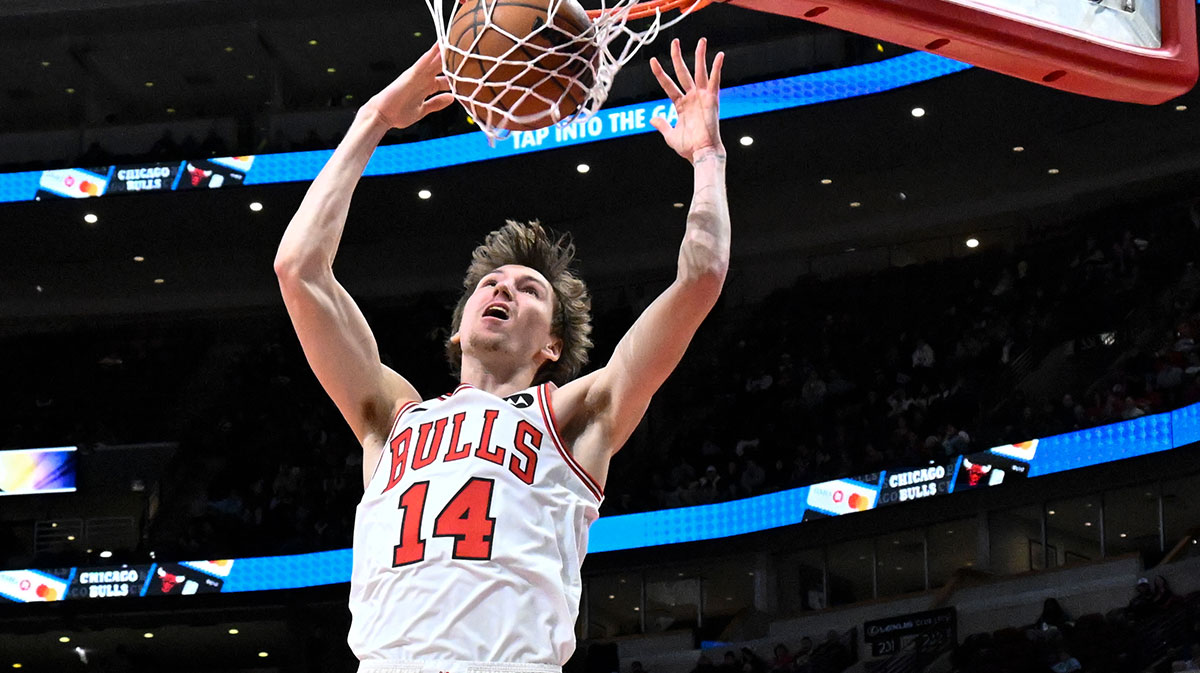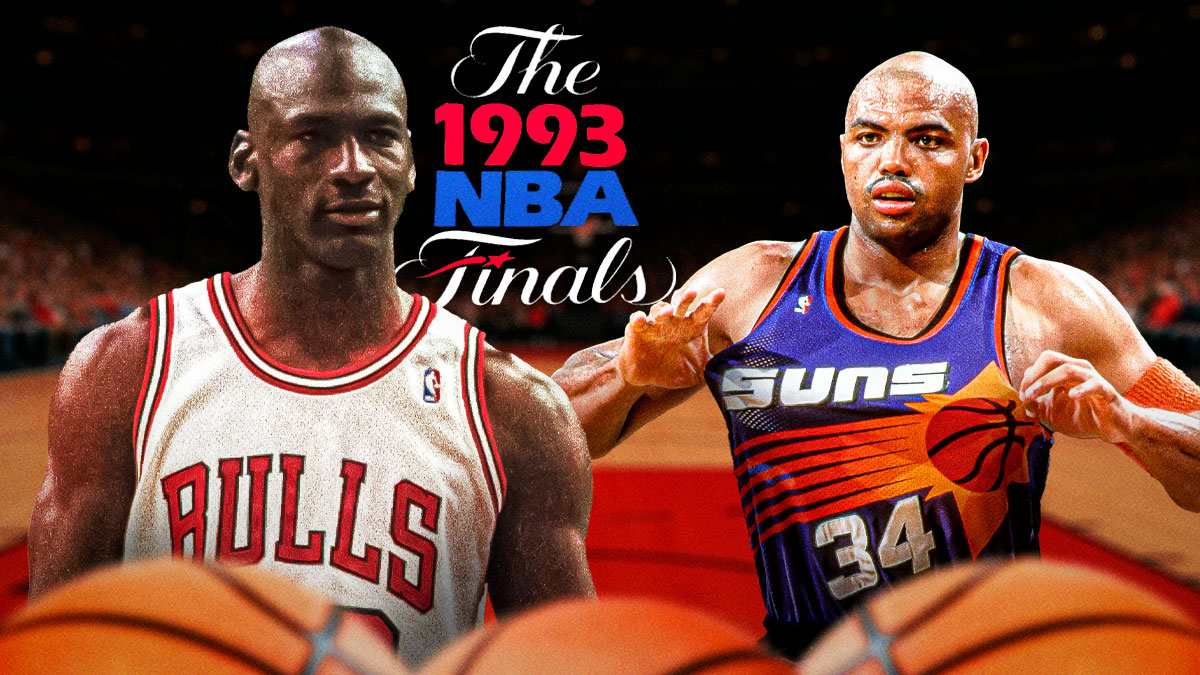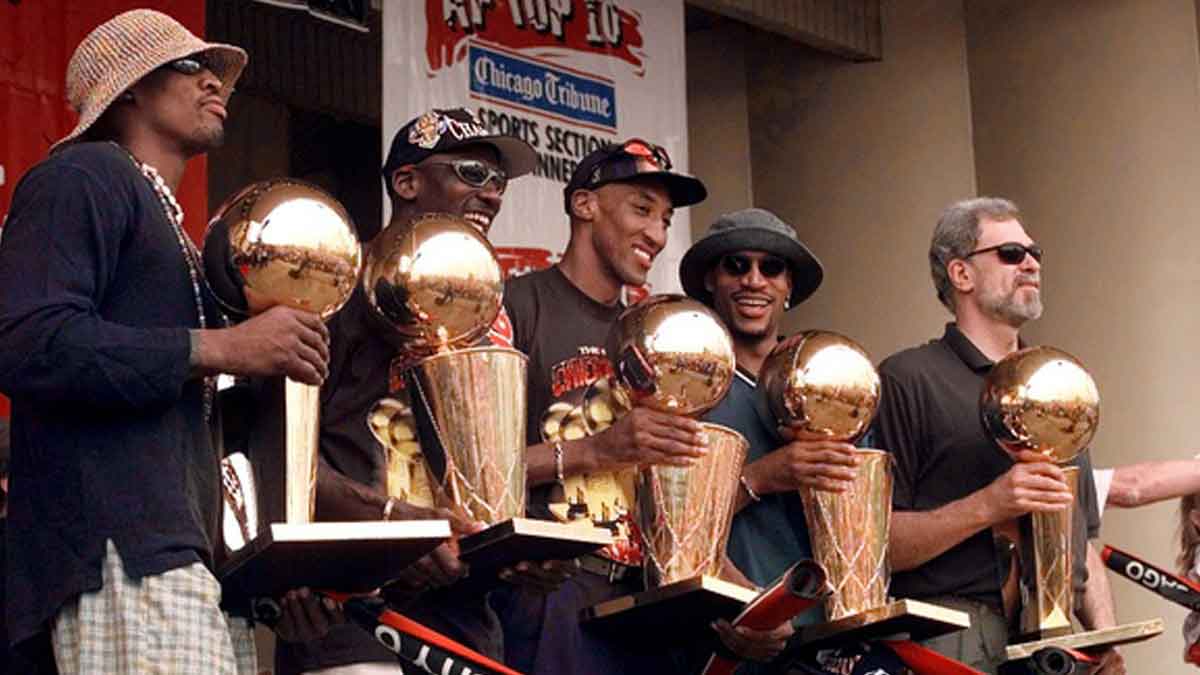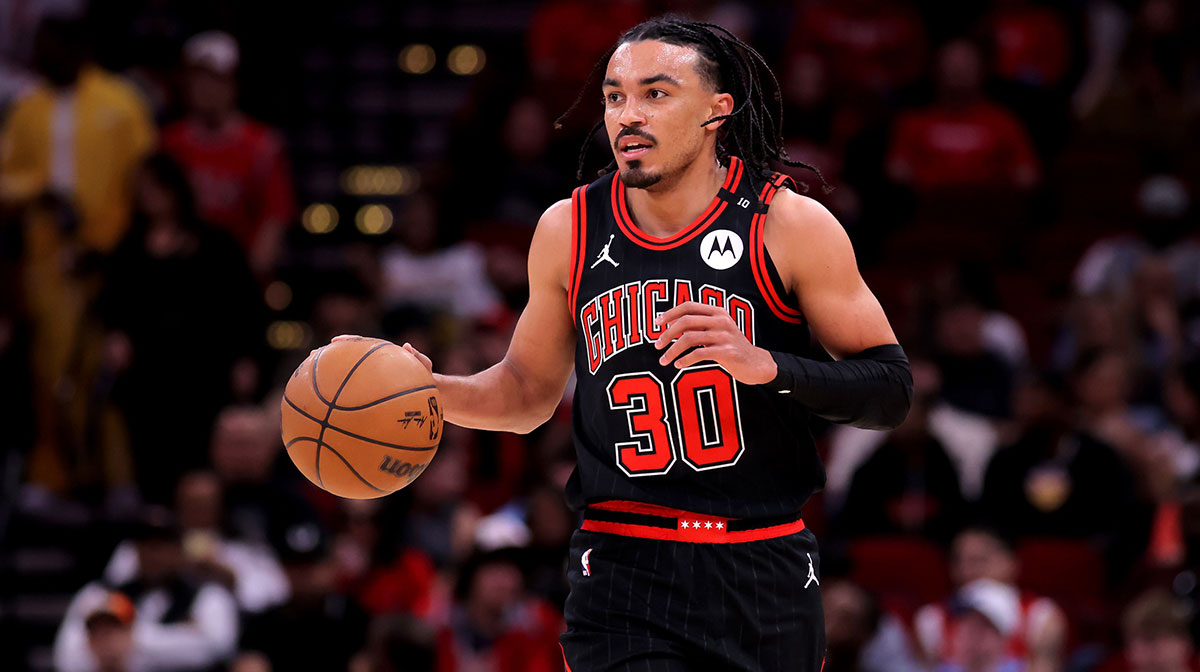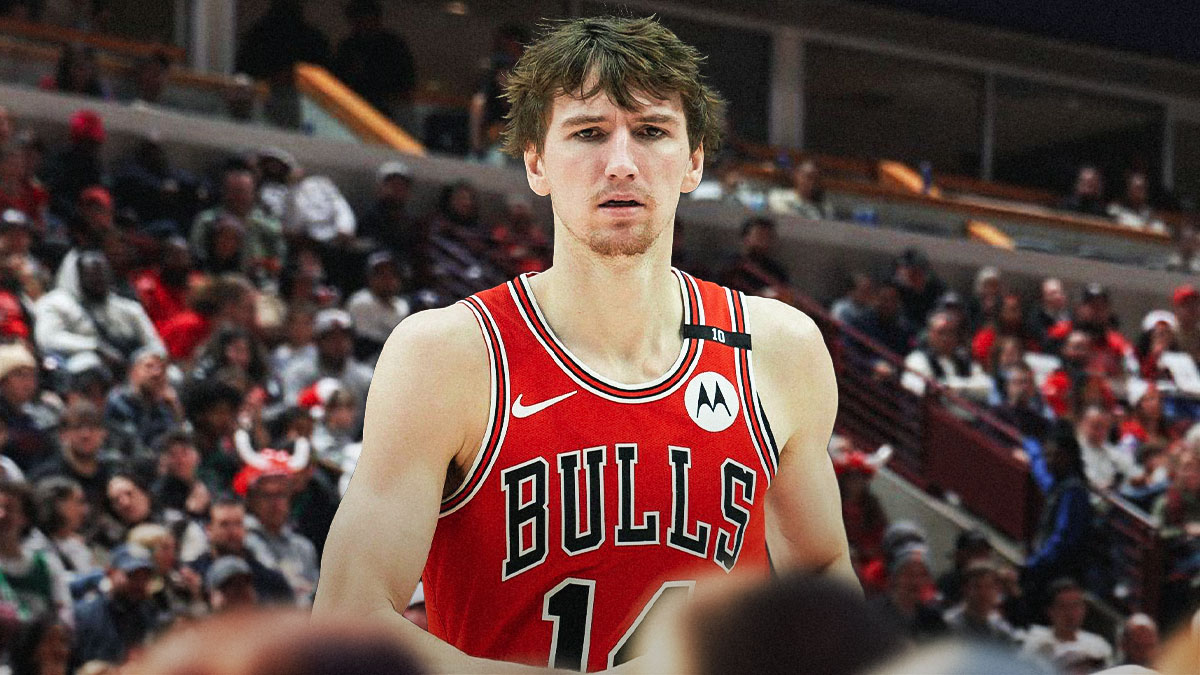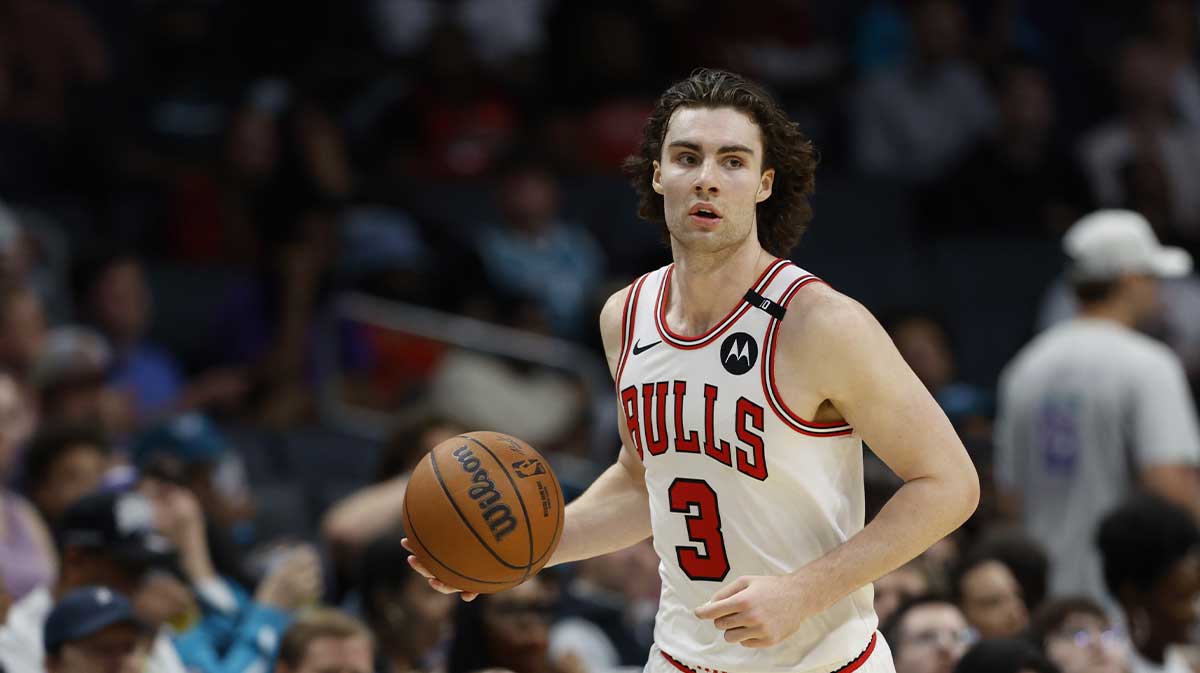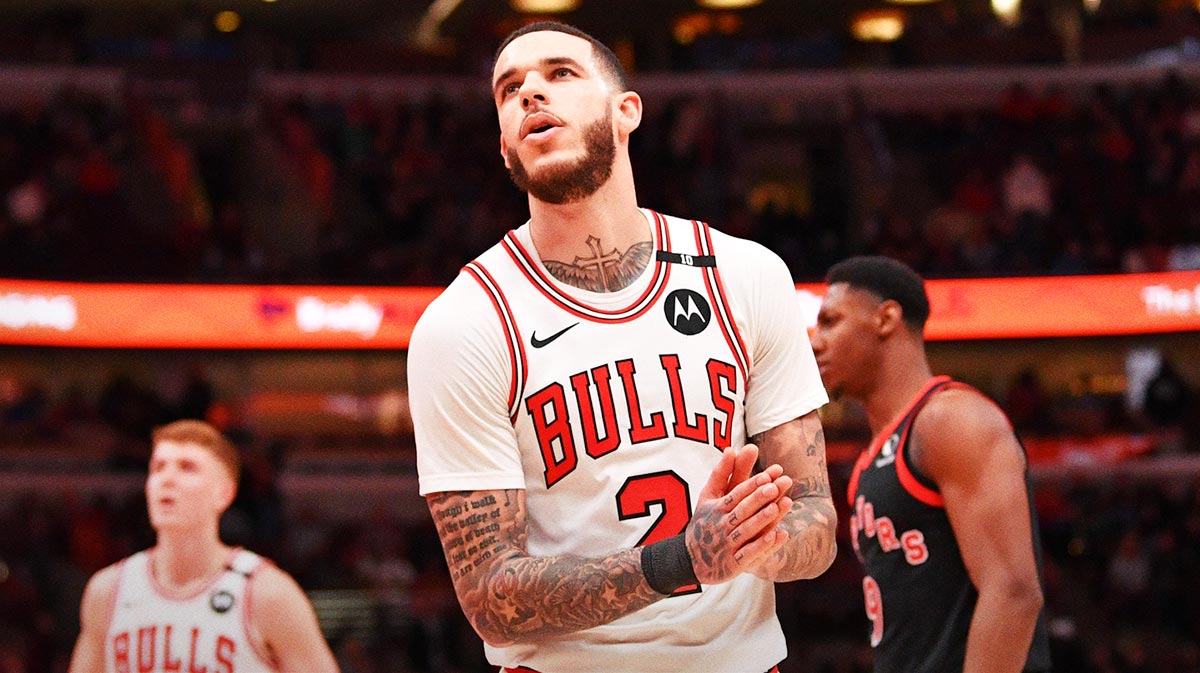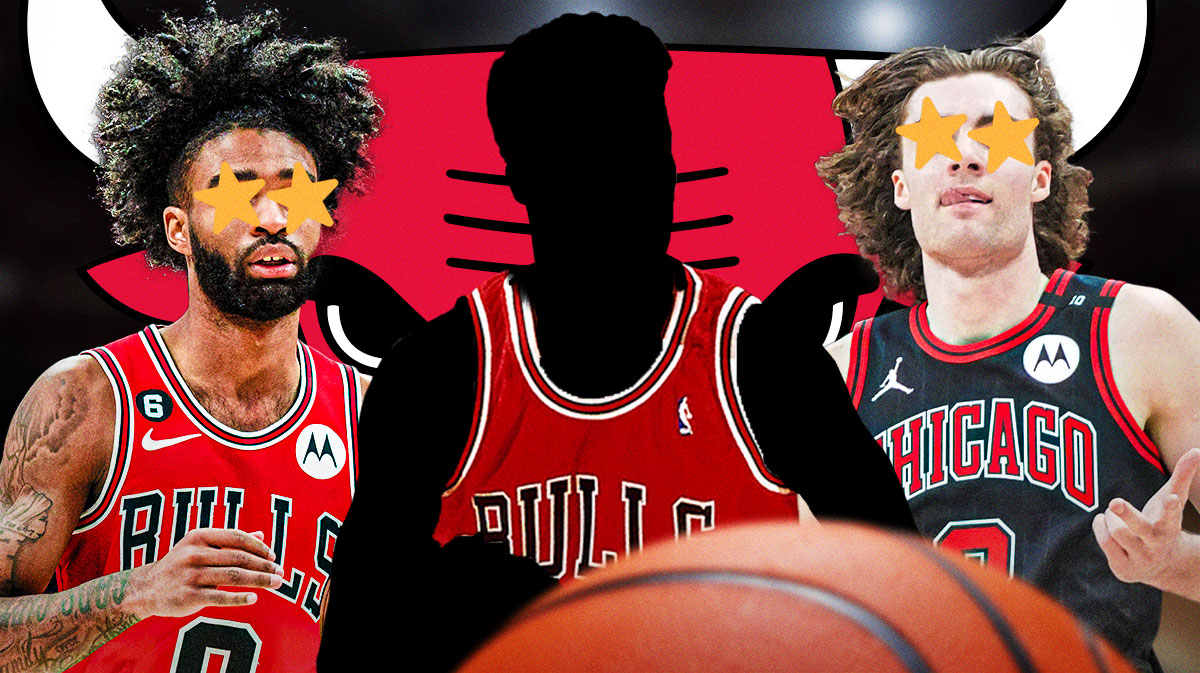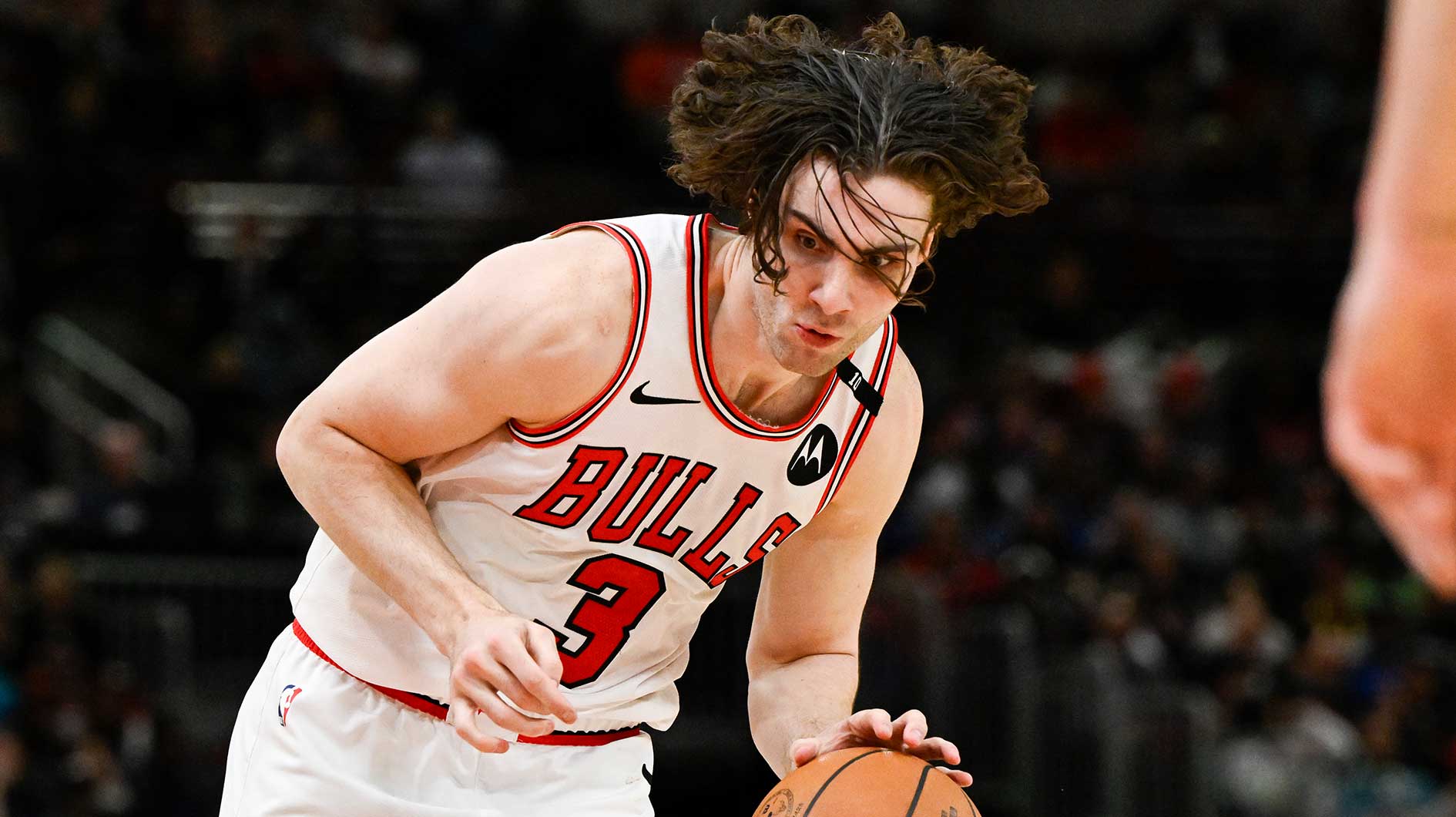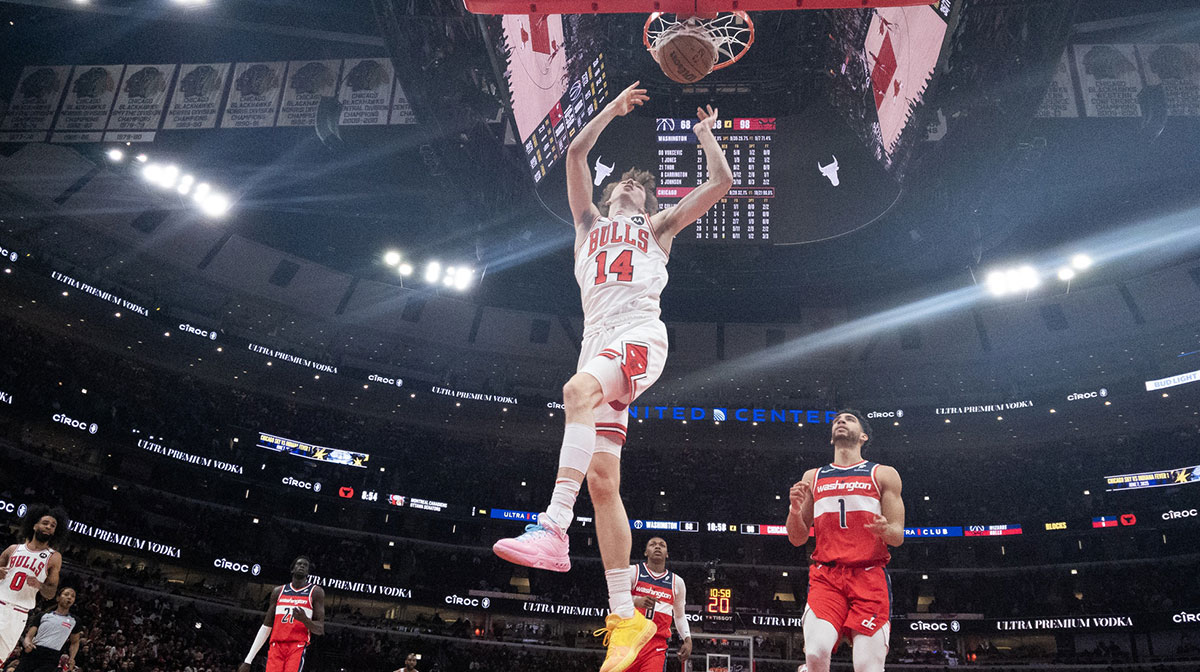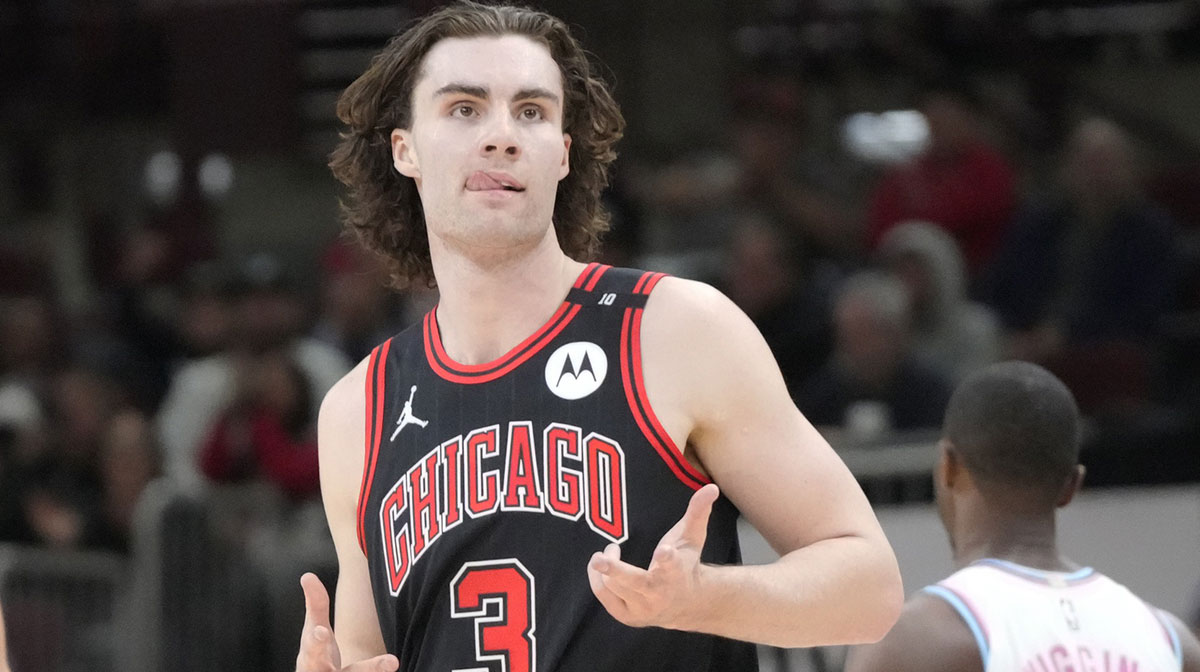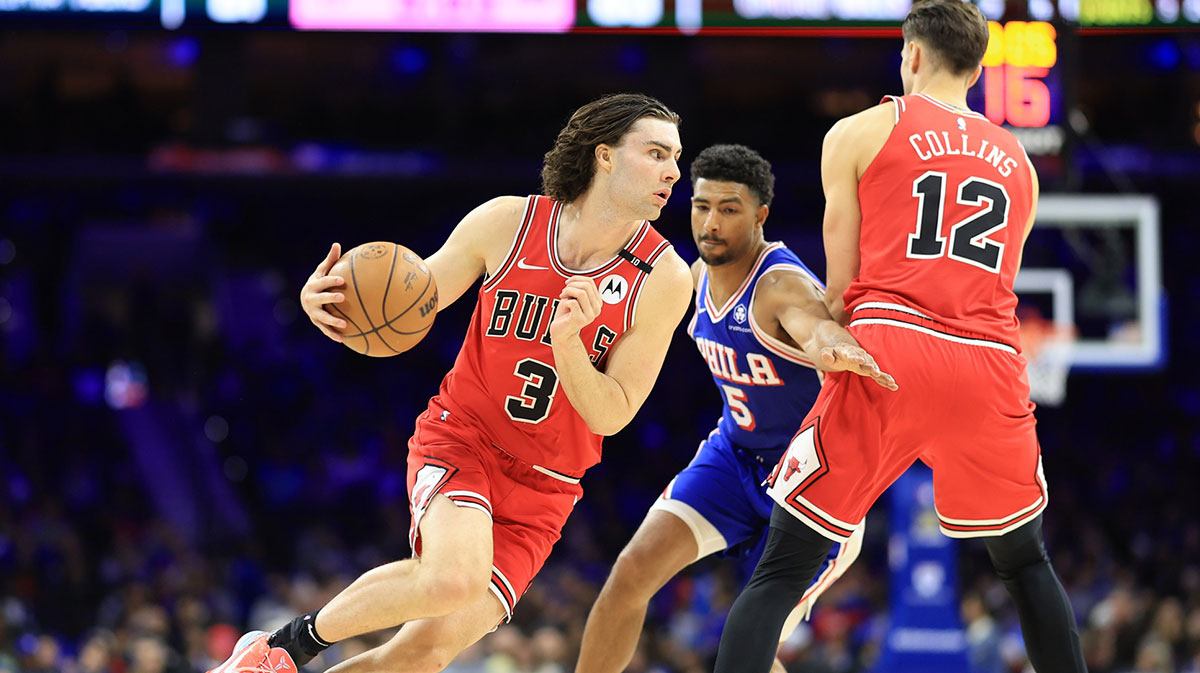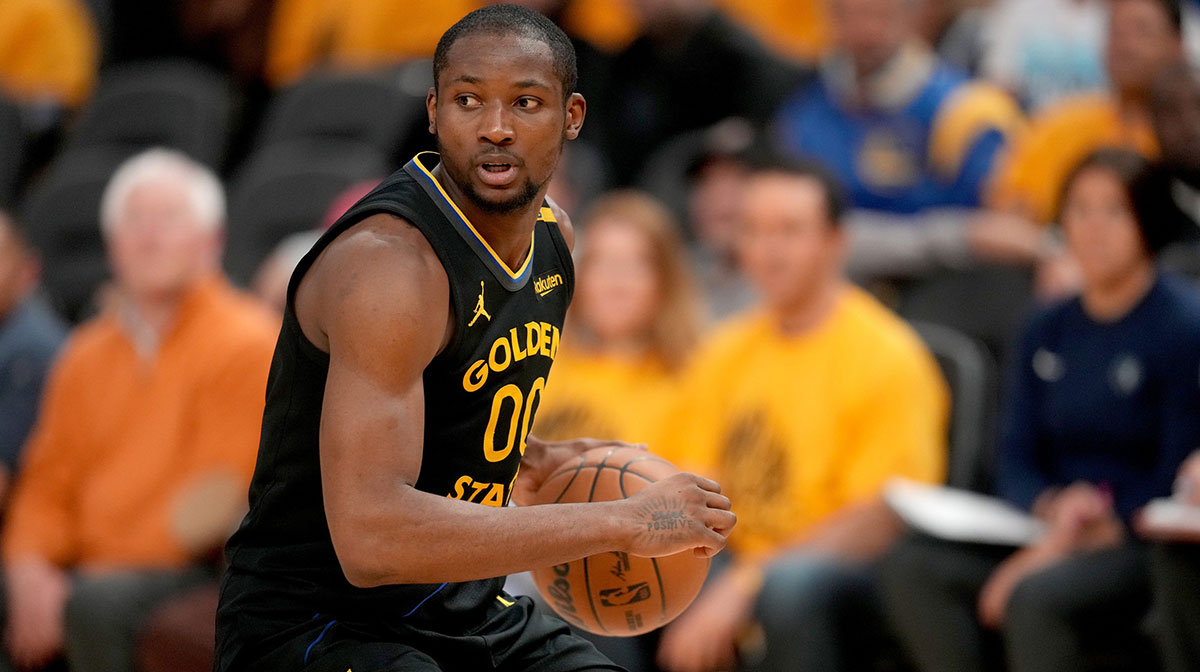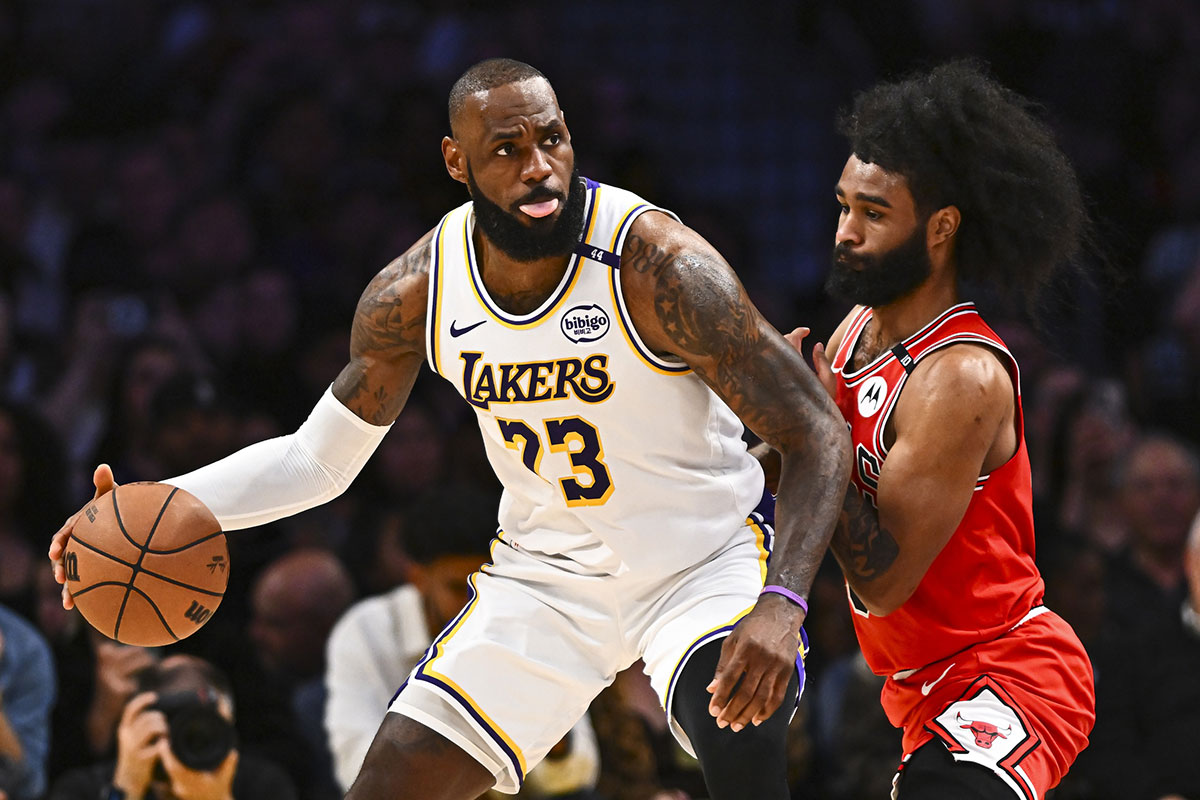Episode 2 of “The Last Dance” left many wondering how a star of Scottie Pippen's talent could be insulted with what effectively amounted to a seven-year, $18 million contract extension in 1991. However, the forward got his due from the Chicago Bulls at the end of his career, earning enough to even out his affairs and even making more than partner-in-crime Michael Jordan made contractually in his years in the NBA.
Here's how it happened:
Pippen made only $2.83 million through his first four years as a fifth overall draft selection by the Seattle SuperSonics who was then consequently traded to the Bulls in 1987. That alone is dwarfed by what a top-five pick makes today in the NBA.
If it seems like little money, it's best to remember that the NBA was still playing on CBS with no multiple network affiliates and had just begun to explore potentially negotiating with foreign countries to sell their product.
That was ultimately reflected in Pippen's lengthy extension, which he signed at the very end of his fourth season. According to K.C. Johnson of NBC Sports Chicago, Bulls chairman Jerry Reinsdorf claimed he advised Pippen against signing the extension, noting he could wait longer and earn more.
His contract at one point was the eighth-highest in the league, but it quickly devalued once the NBA started reeling in money with corporate sponsorships in the '90s.
Pippen had shown excellent defensive upside but didn't fully break through as a full-fledged co-star until his fifth season, the first year of this new deal. That being said, Pippen, who grew up with a disabled father and a paralyzed brother, opted for long-term security over maximizing on his value.
Pippen averaged 21.0 points, 7.7 rebounds, 7.0 assists, and 1.9 steals in 1991-92 after the Bulls won their first title, already outdoing his base salary of $2.77 million in his first year of the extension.
Scottie was making more than triple what he made in his fourth season, but as his fame and stardom grew, so did his hunger for better compensation. This resulted in a bitter contract squabble before and during the 1997-98 season, which saw Pippen delay foot surgery and even make a trade demand.
Eventually, after his 11th season with the Bulls and a second three-peat, Pippen parted ways with the organization, but not before Reinsdorf gave him one last helping hand.
Under the collective bargaining agreement, Pippen could only make four years and $45 million from the Houston Rockets, so the Bulls signed him to an incentive-laden deal that earned him an extra $25 million-plus before trading him:
“I would like to thank the Chicago Bulls, the great people of the city of Chicago and all my teammates for 11 wonderful seasons,” Pippen said in January 1999 in a statement released by his agents, Jimmy Sexton and Kyle Rote
“I would like to personally thank the Bulls organization for helping me through this period of free agency. I wish them the best because that is what Chicago deserves.”
His deal was a juicy five-year, $67.2 million contract (earned more than $77 million after incentives) before the lockout-shortened 1998-99 season.
Pippen only spent one year with the Rockets after locking horns with Charles Barkley. Pippen was then traded to the Portland Trail Blazers, where he would spend his next four seasons.
The Bulls would throw in yet another gesture of good faith at the end of his career, signing him to a two-year, $10.33 million deal before he called it a career.
While Pippen was largely underpaid during the best years of his career, the Bulls found a way to do right by him while trading him away and then allowing him to retire as a member of the organization.
Pippen's wife, Larsa, pointed out Scottie didn't do all that bad for himself, surpassing Michael Jordan's career earnings by the end of his 17-year trek in the league.

